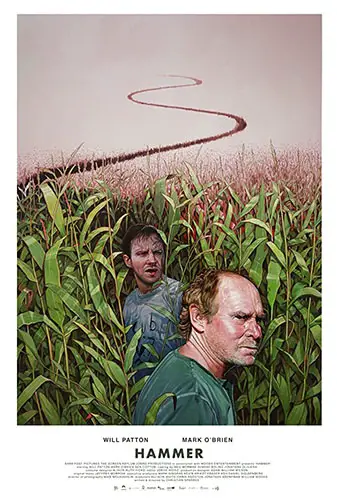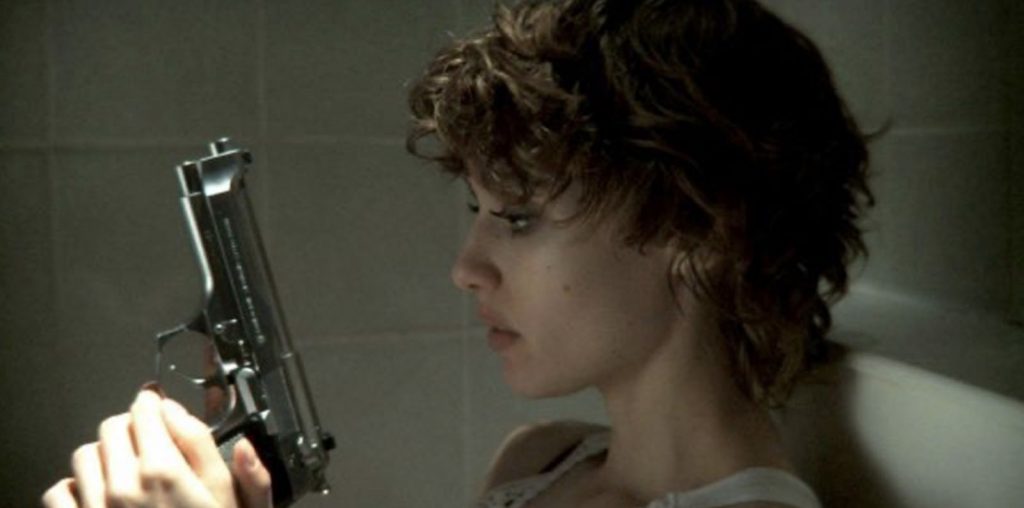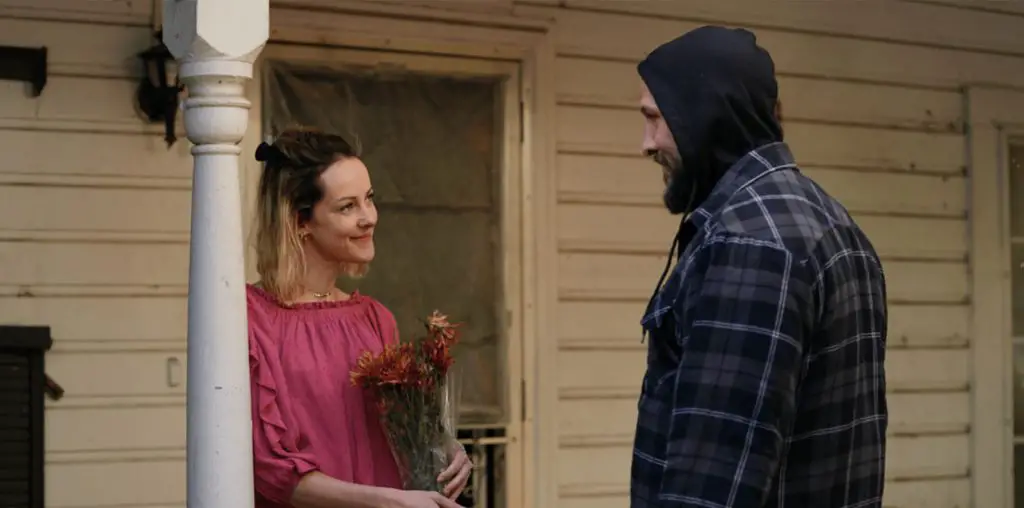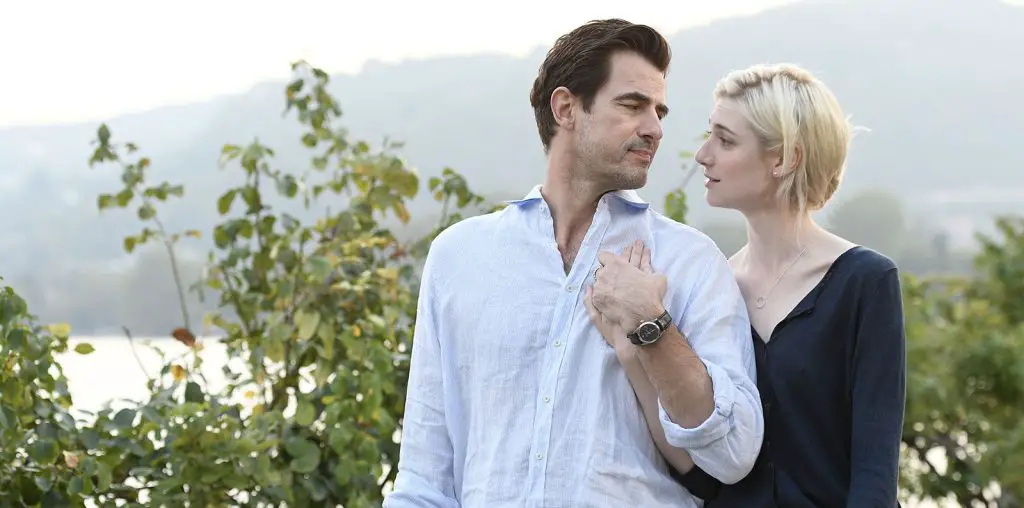
The plot sends Stephen and Chris careening through a series of obstacles, double-crosses, and confrontations that stretch their already fraught bond to its absolute breaking point. Even when his heart is in the right place, Chris’s tendency to lie, and his almost superhuman ability to make the worst possible choices in any given situation, continually put himself and others in danger. No matter how bad things get, though, Stephen can’t help but stay by his side, and it isn’t simple fatherly loyalty that drives him. There’s a powerful sense of guilt within him, and a need to atone for the mistakes that set his son down such a destructive path. It’s a downbeat vision of fatherhood that the film articulates, and yet, there’s something admirable and profound in Stephen’s willingness not to leave Chris to the fate he seems destined for.
A lot of this heavy lifting that Hammer does – and things do get heavy – is bolstered by a pair of just-right lead performances. O’Brien, all jittery, nervous energy and pleading desperation, is awards-worthy; he finds something innately, painfully human in the way Chris’s best intentions always blow up in his face. And then, of course, there’s the ever-reliable Patton, an esteemed workhorse of a character actor who’s supplied nuance and gravitas to even the most cartoonishly overwrought of Hollywood product (Armageddon, The Postman). Here, he seems to revel in the opportunity to flesh out a complicated and all-too-real embodiment of past-his-prime remorse and a fading – but still persistent – machismo. The two actors have a broken-in sort of chemistry that makes one of the film’s only quiet, lighthearted moments (a conversation about an awkward childhood acquaintance of Chris’s) also one of its most poignant.
“…smart, resonant, and hard-hitting…”
Supporting performances are strong across-the-board, with Papavs, Cotton, and Price all lending depth and shading to characters that could have easily come off as underused and one-dimensional. It’s yet another element that speaks to Sparkes’s care and commitment to this story that even the minor characters (like Lara Jean Chorostecki’s drug-addled young mom, who appears in only one scene) feel so fully realized.
Hammer‘s final act is bound to be divisive, as the story continues to unspool for some time after its more tangible conflicts are resolved. The climactic scenes don’t necessarily pay off in ways that a crime drama would typically call for, and the film goes out on a note of subtle ambiguity that might not sit well with viewers who’d been caught up with the more visceral side of things. But, again, that’s a testament to the film’s integrity, as Sparkes isn’t interested in obvious conclusions or comparatively easy melodrama. Instead, Hammer is confident enough to let the characters’ irreversible choices and impossible compromises linger, giving the tragedy the time and space to fully steep. It’s a choice that takes both conviction and faith in the film’s audience, and it’s absolutely the right one.
All-told, Hammer is a smart, resonant, and hard-hitting film. The title seems to refer not to anything physical, but to the bruising force of the emotions that it wields.

"…isn't interested in obvious conclusions or comparatively easy melodrama."


